In a Jam
 Eating jam is fun. Getting in a jam is not.
Eating jam is fun. Getting in a jam is not.
Amy, a former Campbellsville University student, learned how to make jam during one of her visits to our home. We enjoyed an afternoon of fun.
Eating jam cake made by my husband’s mother and other relatives became a family tradition. We had fun as we talked and ate.
One of my favorite Christmas gifts from my mother was homemade raspberry jam and jelly. What fun my sister and I had when we opened that special gift.
If we get in a jam, we get in a difficult situation.
We have a problem and cannot find an answer. As a result, we feel like we are beating our heads against a wall.
Some jams are not our fault. However, we often end up in trouble because of our poor choices, such as:
- Doing what we should not do
- Going where we should not go
- Wanting what we do not need
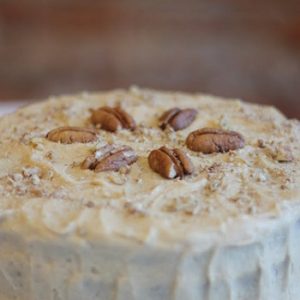 During Christmas or other holidays, we can easily get in a jam. We plan too much to do with too little time to do it. We forget to have fun.
During Christmas or other holidays, we can easily get in a jam. We plan too much to do with too little time to do it. We forget to have fun.
Slow down. Cut back on activities. Focus on what really matters. Take time to remember the reason for this joyful season.
Merry Christmas! May all your jams be edible.
“A prudent man foresees the difficulties ahead and prepares for them; the simpleton goes blindly on and suffers the consequences” (Proverbs 22:3 TLB).
Thanks to Shanon Camille O’Banion and Cakes by Camille for the jam cake photo.
Do you have an expression you want explained? If so, please comment below.
Subscribe to receive my weekly posts by email and receive a free copy of “Words of Hope for Days that Hurt.”
If you enjoyed this post, please share it with your friends.
 If dogs get wet, stand back. We don’t want to be too close when they shake off the water. However, we can learn from their actions.
If dogs get wet, stand back. We don’t want to be too close when they shake off the water. However, we can learn from their actions. Some days everything gets out of whack.
Some days everything gets out of whack.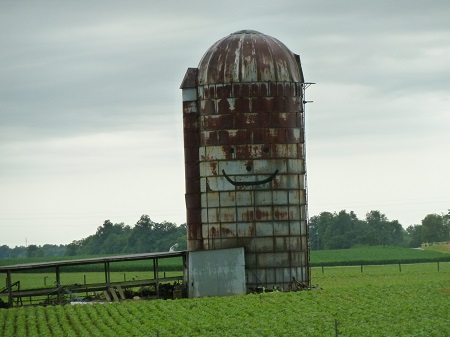 I remember the first time I saw this silo. It looked like it would burst with joy. A freshly painted smiling face greeted every passing traveler.
I remember the first time I saw this silo. It looked like it would burst with joy. A freshly painted smiling face greeted every passing traveler.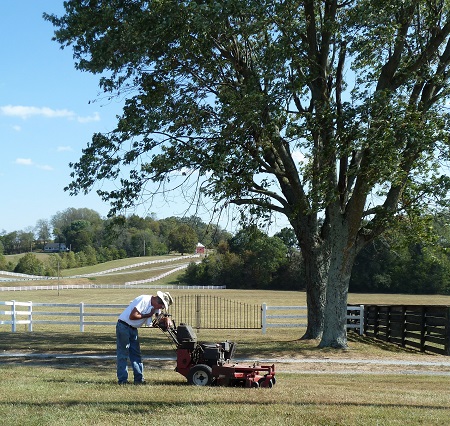 After mowing all day, most of us feel tuckered out. We have little energy and are too tired to move. Without rest, we will soon be
After mowing all day, most of us feel tuckered out. We have little energy and are too tired to move. Without rest, we will soon be  To push the envelope has nothing to do with cards and letters or their containers. It refers more to math and airplanes.
To push the envelope has nothing to do with cards and letters or their containers. It refers more to math and airplanes.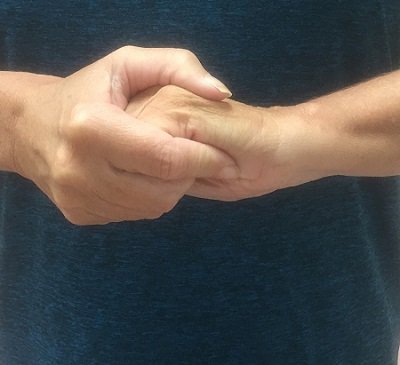 We cannot sleep. We cannot eat, or we eat too much. We wring our hands until the skin almost comes off.
We cannot sleep. We cannot eat, or we eat too much. We wring our hands until the skin almost comes off.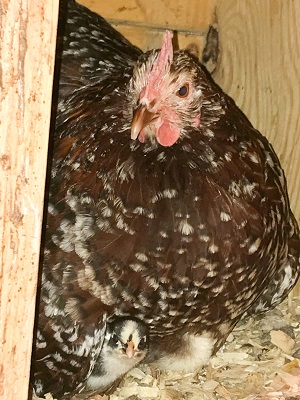 When a storm approaches, a mother hen gathers her baby chicks under her wing. She wants to keep them safe.
When a storm approaches, a mother hen gathers her baby chicks under her wing. She wants to keep them safe.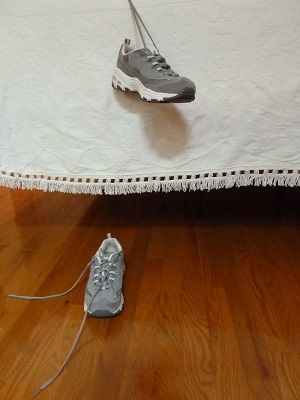 When we sleep in a room with thin walls, we don’t want noisy neighbors. If those neighbors live in the room above us, we often wait for the next shoe to drop.
When we sleep in a room with thin walls, we don’t want noisy neighbors. If those neighbors live in the room above us, we often wait for the next shoe to drop. If anything is plumb, it is perfectly straight.
If anything is plumb, it is perfectly straight. 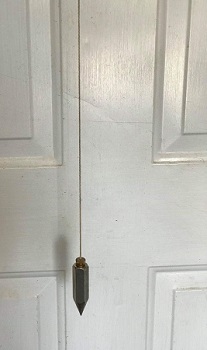 A plumb line helps measure whether anything is straight or plumb.
A plumb line helps measure whether anything is straight or plumb.